Saint Dwynwen for Welsh Lovers
“Nothing wins hearts like cheerfulness”—St Dwynwen
Such was the slogan associated with a fifth-century princess, the most beautiful daughter of 24 fathered by Brychan Brycheiniog, King of Powys in Wales. Few suffered heartbreak as she did, and fewer still would devote the remainder of her life to religious devotion specifically to intercede for lovers. Her name is often translated, “She who leads a blessed life.”
The details of her star-crossed encounter with Prince Maelon Daffodrill vary from one telling to another. What is certain is that her beauty won him instantly and he made it known that he wished to marry her. It is said that Dwyn returned his love, but for some reason, the path to marriage was blocked. Some say it was her father that forbade it – because he didn’t care for Maelon or perhaps had already promised Dwyn to another suitor. Others say that it was Dwynwen herself that turned away, having already pledged to embrace the celibate life of the Christian religious. In any case, both Dwynwen and Maelon were each in great anguish.
Dwyn sought the solace of the woods. She prayed fervently that she could be delivered from her affections for Maelon. In a dream, an angel brought her a vial of a sweet-tasting potion, which brought the healing and relief she sought. As Maelon was still in pursuit, when he arrived on the scene, Dwynwen was eager to share her cure. Unfortunately, when Maelon drank, he was turned to a block of ice!
Again, Dwynwen sought God’s intervention. She had three specific desires for her prayer. One that Maelon would be restored to life; the second - that God should look kindly on the hopes and dreams of all true lovers and third - that she would never marry, and never have the desire to do so in order that she would devote the remainder of her life to God.
She retreated to an island in the Menai Strait off of Anglesey that still bears her name - Llanddwyn meaning the enclosure of Dwynwen. There, she and perhaps one of her sisters founded a church and, according to legend, were joined by many broken-hearted women. Dwynwen died c 460 CE, but her island remains a place of pilgrimage for those seeking a sign of love or solace in the letting go. It is said that anyone who visits the island will not leave it with a broken heart.
The ruins found on Llanddwyn today are the remains of a 16th century church (Tudor era), although they are said to be on the same site as her original hermitage. You will also see the remains of two 19th century towers, once serving as lighthouses, and a 14-foot Celtic cross erected in 1903. A further tale relates that the church's well (known as Ffynon Ddwynwen) held a magical fish (probably an eel) whose movements in the water would predict the future for young lovers. When a question was asked of the fish, the answers would be determined by its movements. Women would test the faithfulness of their husbands by sprinkling breadcrumbs on the well's surface and covering these with a handkerchief. If the handkerchief was disturbed by movement in the water, the husband was deemed faithful. Dwynwen is not only the patron saint of lovers, but of sick animals. Her name was often invoked in an attempt to heal an injured animal or pet.
The beloved Welsh bard, Dafydd ap Gwilym is regarded amongst the great poets of Europe in the Middle Ages. He is renowned for his love poetry. Here, he captures a supplicant’s sensual prayer to St Dwynwen in verse, excerpted in translation:
Dwynwen, your beauty like the hoar-frost's tears;
from your chancel with its blazing waxen candles
well does your golden image know
how to assuage the griefs of wretched men.
What a man so ever would keep vigil in your choir,
a holy, shining pilgrimage, seeking you in kindest radiance,
there is no sickness nor heart's sorrow
which he would carry with him thence from LLanddwyn.
St Dwynwen’s feast day is January 25, and in Wales, a day devoted to lovers. Get a jump on St Valentine’s Day and let your beloved know how much they mean to you. Whether romance, deep friendship, or kith and kin, you can find a little Celtic something to warm the heart of your dear ones. From Claddagh (Love-Loyalty-Friendship) and Anam Cara (Soul Friend) jewelry to Tweed Bears celebrating Irish writers Joyce and Yeats to delicious Butler’s Irish chocolates, you can find a lot to love here at The Celtic Ranch.
Lori McAlister,
Wrangler of Cultural Affairs
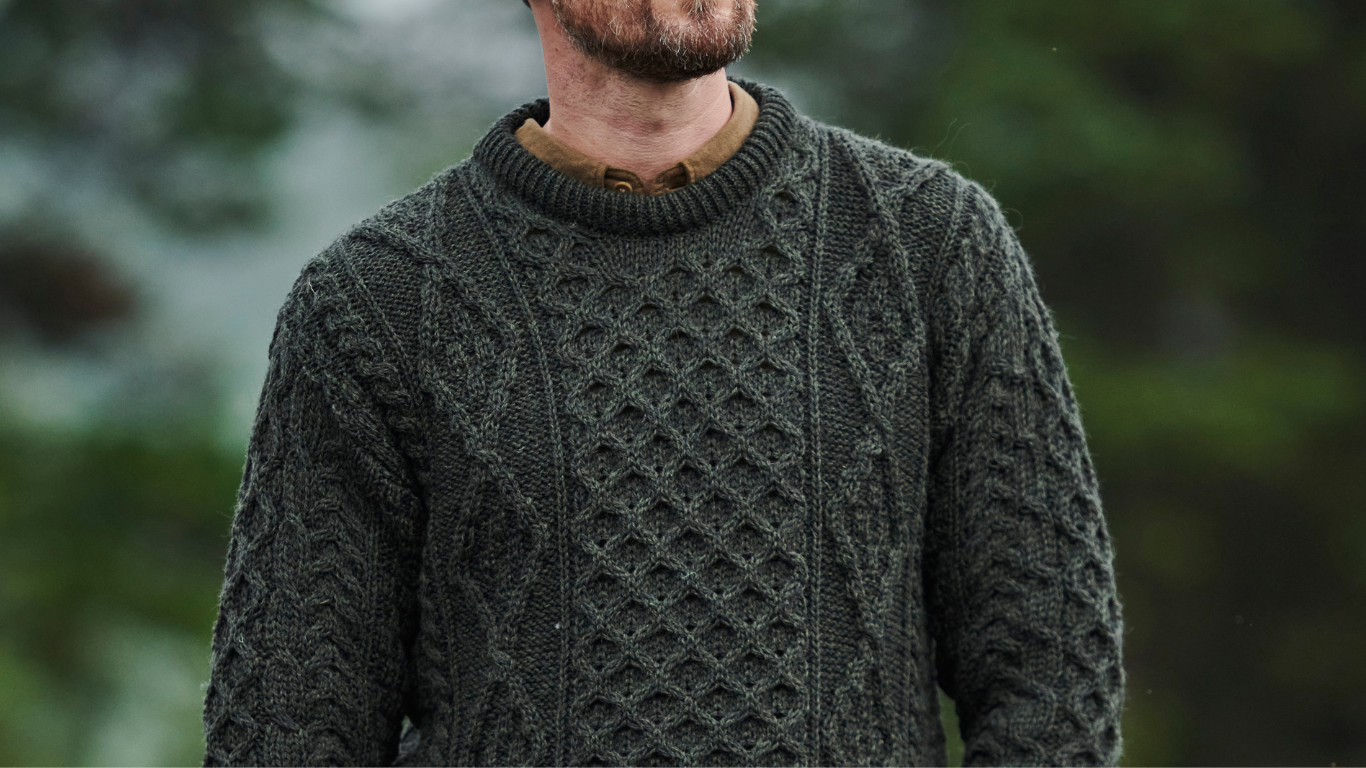
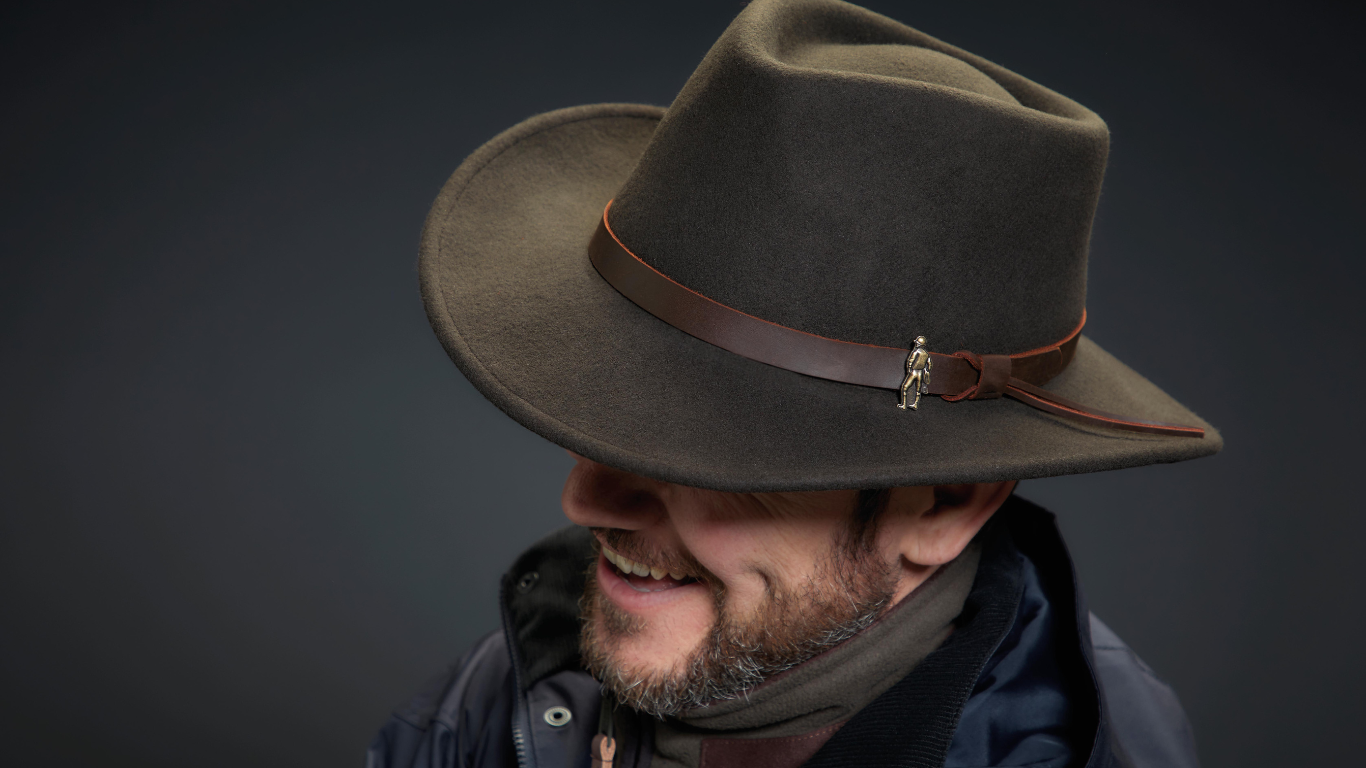


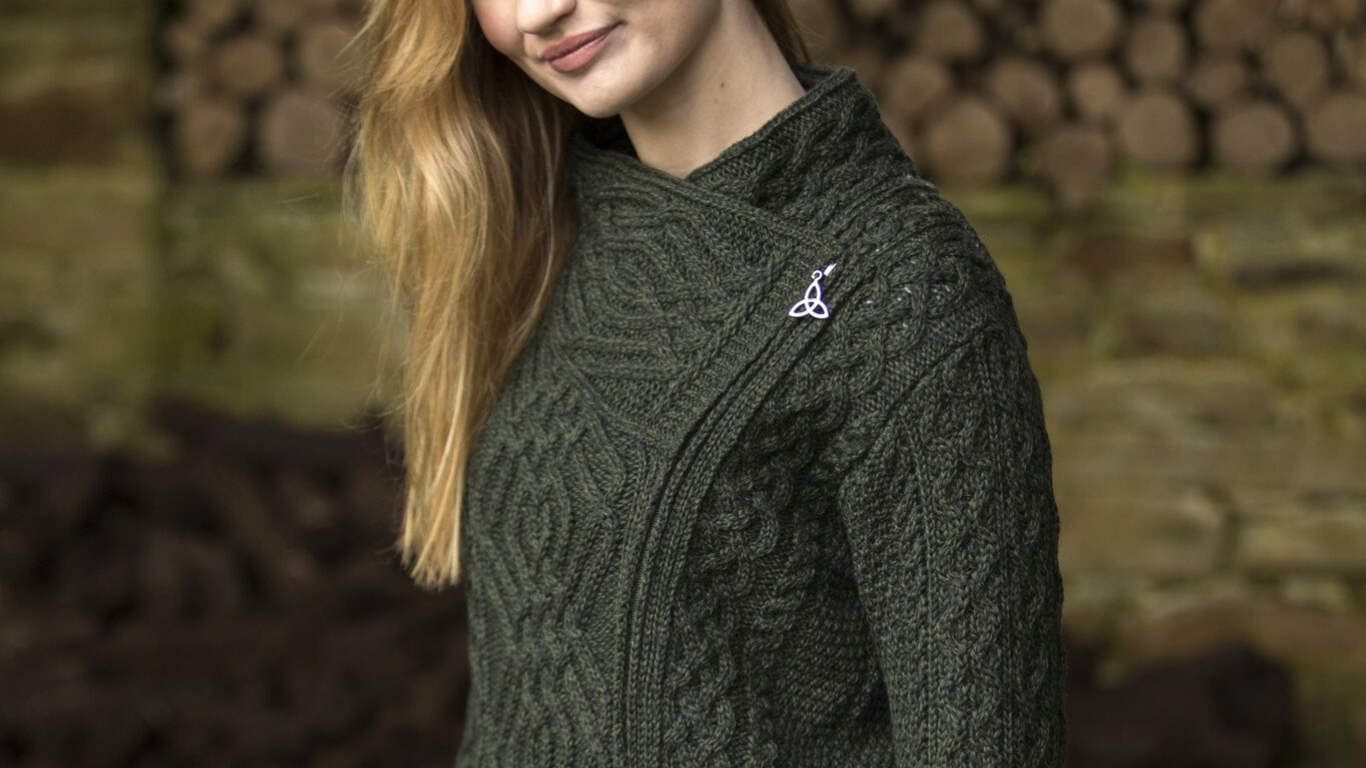
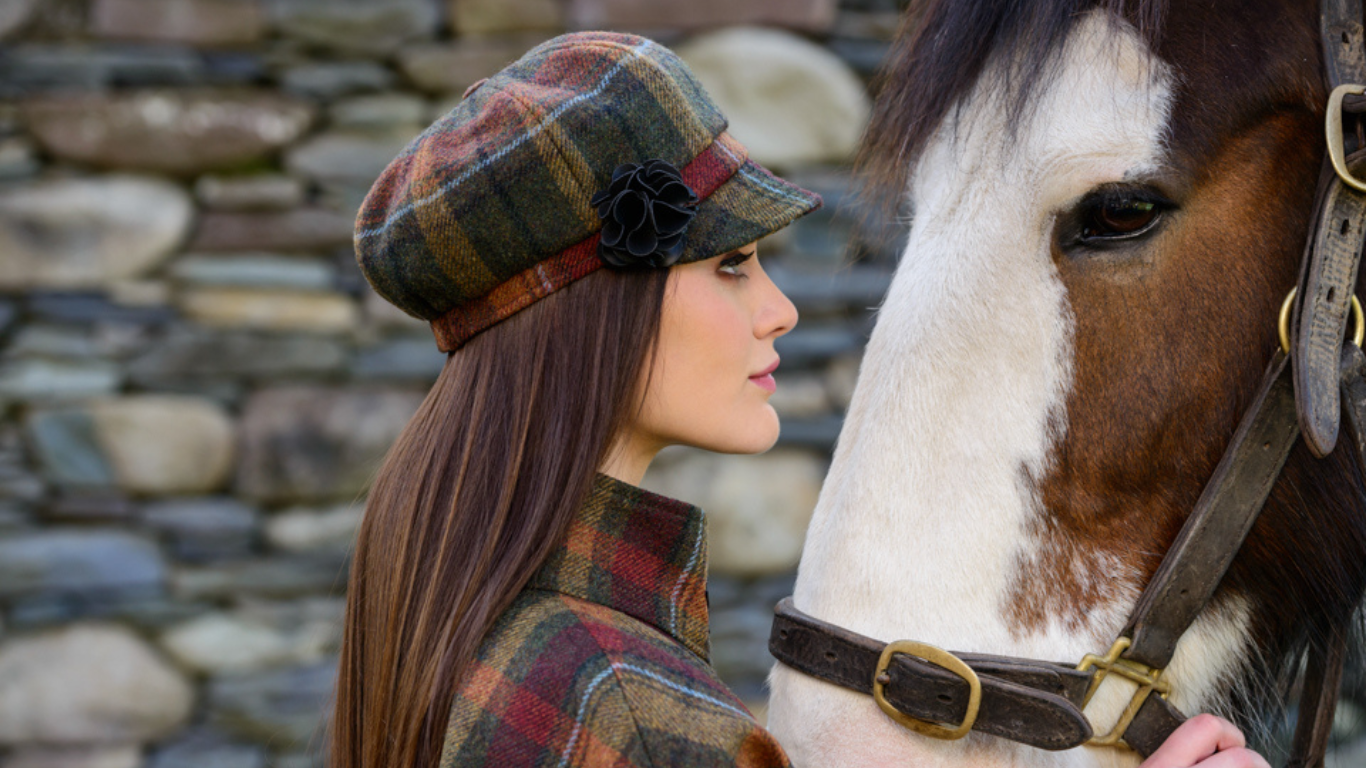


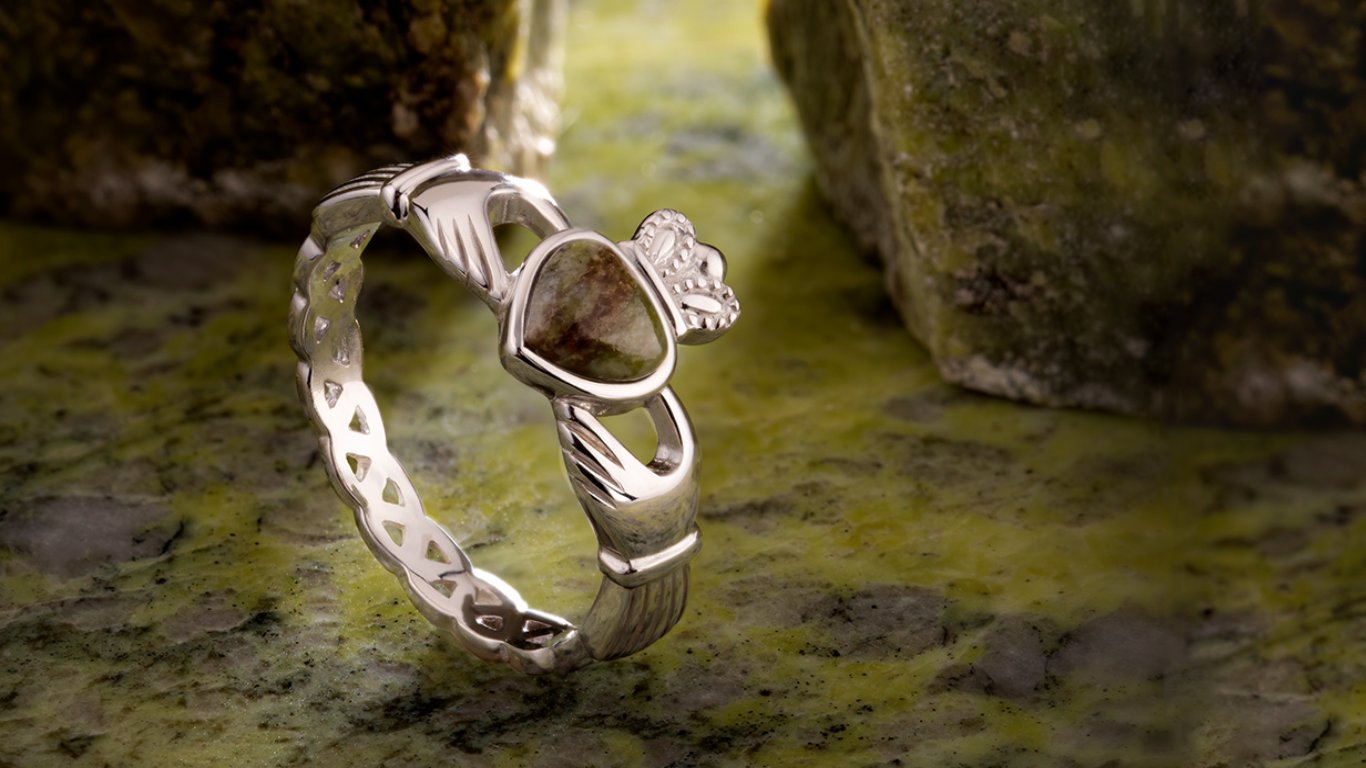
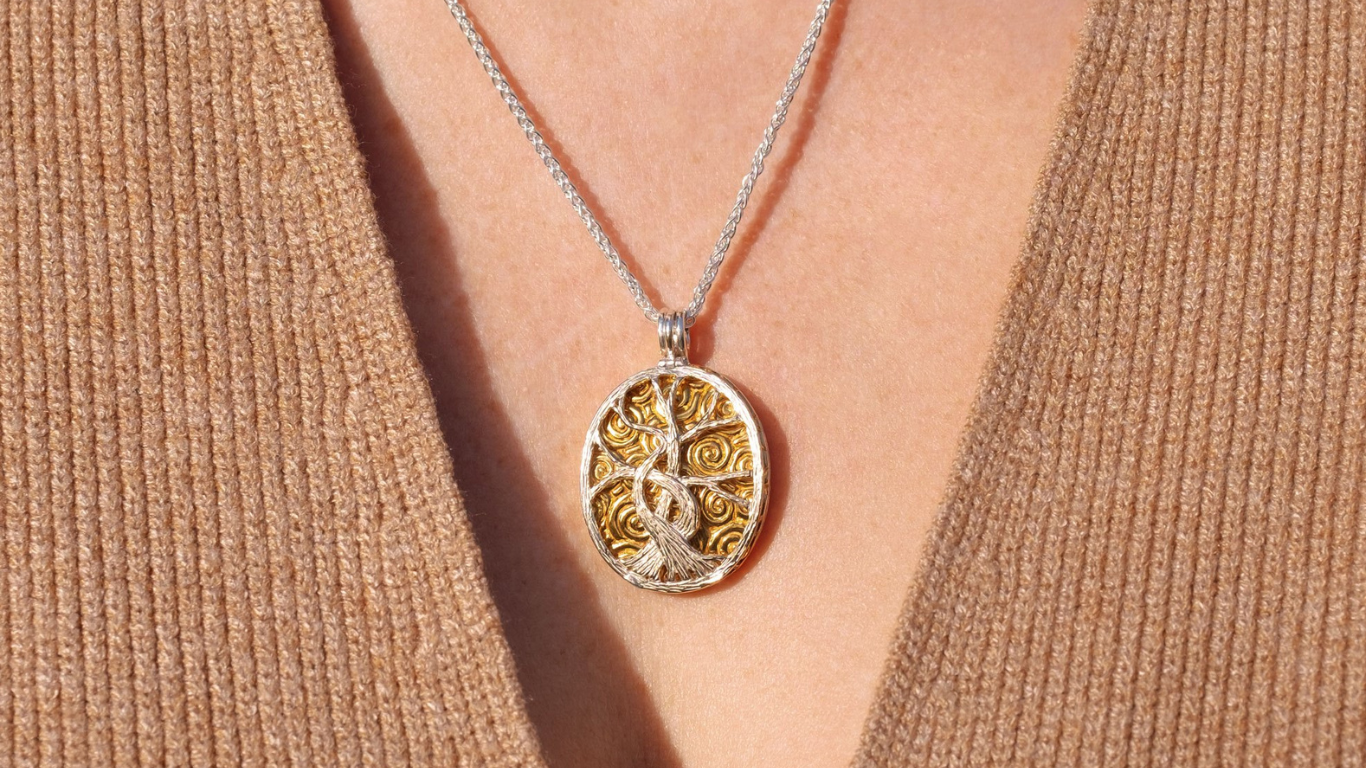

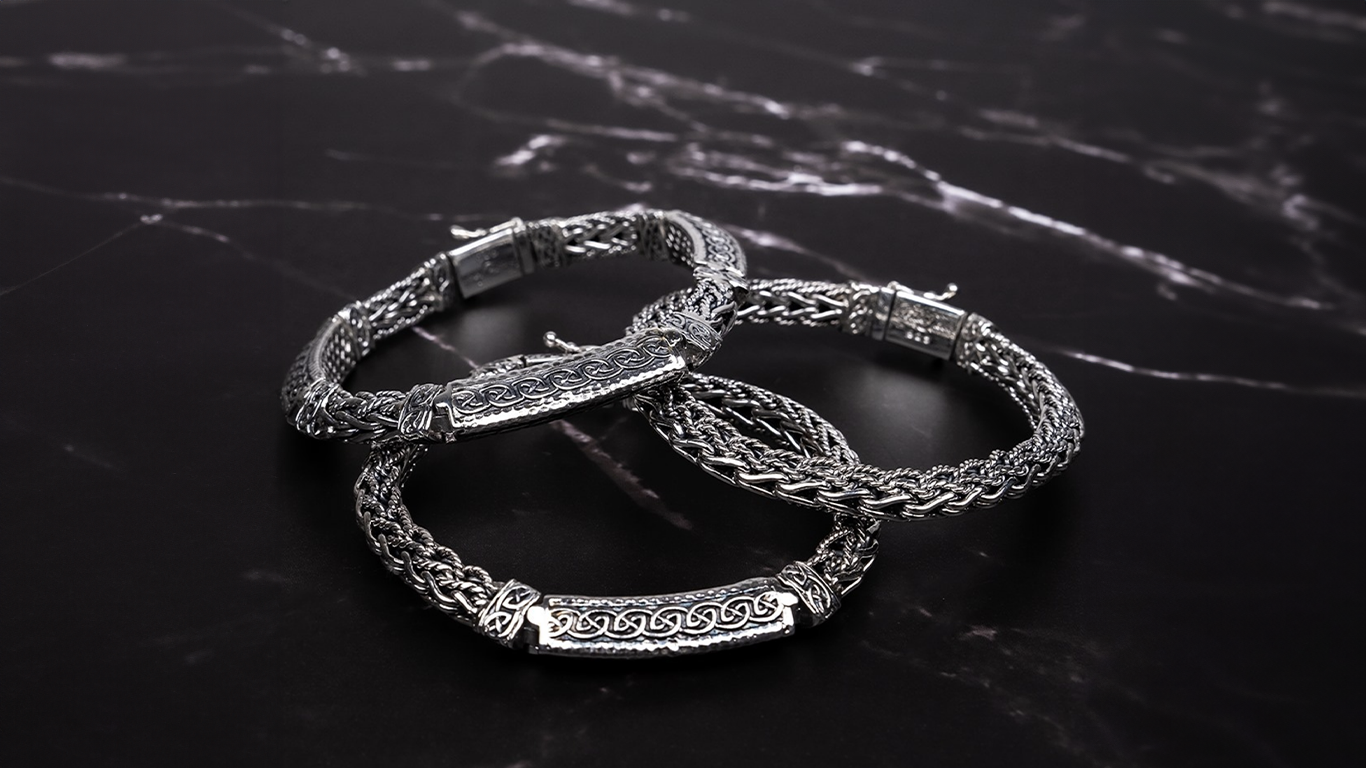







Leave a comment